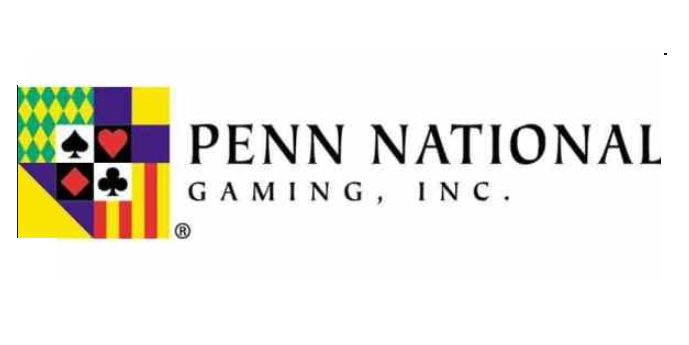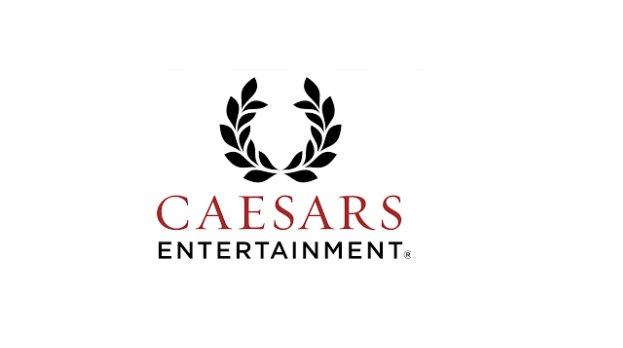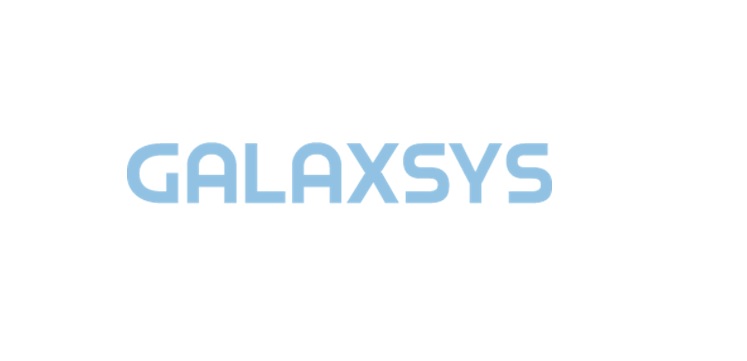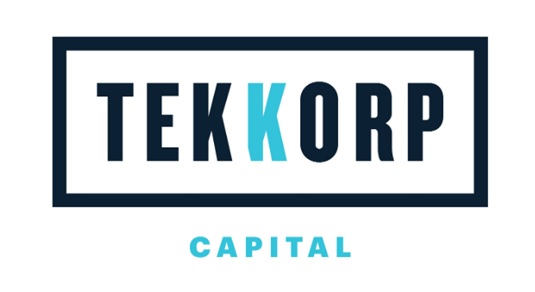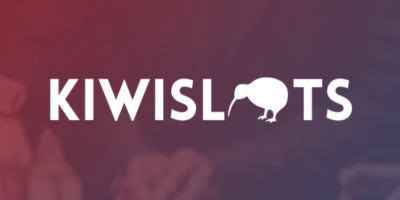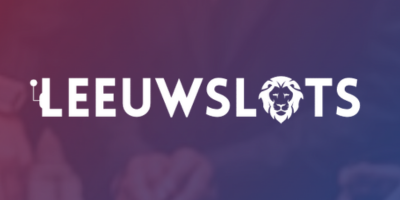Penn Entertainment’s multibillion sports betting partnership with ESPN reverberated throughout the gaming universe over two days following last week’s announcement.
But the news didn’t spark much attention in Nevada.
Penn ended its three-year endeavor with irreverent sports content provider Barstool Sports in order to attach the name of the nation’s most recognized sports media heavyweight to its online sports wagering platform and retail sportsbooks that cover 16 states.
Nevada is not one of those markets.
Penn, which is headquartered in Wyomissing, Pennsylvania, operates M Resort in Henderson and two small casinos in the northeastern Nevada community of Jackpot. The company never launched its Barstool-branded sports betting business in Nevada, contracting that part of the business to Caesars Entertainment’s William Hill U.S. subsidiary.
Penn will pay ESPN $1.5 billion over the next 10 years to use the ESPN name. ESPN will promote Penn’s sports betting across its programming and provide the casino operator access to on-air talent.
Sports betting has grown to 34 states and Washington, D.C., in a little more than five years since a U.S. Supreme Court ruling allowed states to legalize the activity. Four sports betting operators — DraftKings, FanDuel, Caesars Sportsbook and BetMGM — have dominated the landscape, oftentimes combining for more than 80 percent of a single state’s sports wagers and revenue.
Last week, Wynn Resorts said it was closing its WynnBet operations in eight states because its product trailed far behind the competition.
According to the American Gaming Association, through May sports betting revenue nationwide was almost $4.6 billion, up 65 percent from a year ago. That amount is included in the $27.6 billion in total U.S. gaming revenue for the first five months of 2023.
The Barstool audience, a fanbase of 66 million users, never translated into Penn customers.
“Management likely underinvested in customer acquisition across external channels, which exposed Barstool’s target demographics as likely too narrow to gain critical scale,” CBRE Equity Research analyst John DeCree told investors in a research note.
The changeover from Barstool to ESPN won’t be completed until the middle of the upcoming NFL season. It will take longer before the ESPN sports betting app lands in Nevada.
Penn announced a $206 million expansion plan for M Resort last October that would nearly double the size of the hotel-casino by adding a 378-room hotel tower and other amenities. The project has yet to begin. Last fall, Penn sold the operations of the Tropicana to Bally’s Corp. Penn was linked as a potential buyer of The Cosmopolitan and The Mirage when the Strip resorts were on the market in 2021.
CEO Jay Snowden spent most of Penn’s second-quarter earnings conference call last week discussing the ESPN deal. Nevada never came up in the questions.
With a casino in Henderson and two remote properties closer to Twin Falls, Idaho, than Reno, Penn never brought Barstool to Nevada because the state requires in-person registration at a casino for sports betting. Most other states offer remote sign-ups.
Efforts to change gaming regulations to allow remote registration have been blocked by Red Rock Resorts, Boyd Gaming and other casino companies over the years who believe it would keep customers from visiting their properties.
ESPN has a presence on the Strip through its 6,000-square-foot studio at the Caesars Entertainment-owned Linq Hotel where it produces the company’s sports betting programming.
Analysts viewed the ESPN deal as Penn’s last grasp to compete with sports betting’s elite companies as additional states look to add the activity. Four more states could launch this year while populous California and Texas remain on the sidelines.
Earlier this year, sports retail and merchandise provider Fanatics launched sports betting in four states. The business is headed by former FanDuel CEO Matt King.
Stifel Financial gaming analyst Steven Wieczynski wrote in a research note that Penn thought Barstool would help the company “capture significant market share” in online sports betting.
“Barstool is now gone, and Penn is telling us to essentially wait another couple of years for this new ESPN deal to deliver significant [cash flow] to their financial performance,” Wieczynski wrote.
Penn spent $511 million over three years to acquire Barstool Sports.
As part of the ESPN deal, Penn sold Barstool back to founder Dave Portnoy for $1. However, there are various noncompete and other restrictive covenants in the agreement. Penn would also receive 50 percent of any proceeds Portnoy receives were he to sell any part of Barstool.
Portnoy controls more than 1.5 million shares of Penn stock and the company registered 1.25 million shares last week that could be sold if he chooses.
Both Penn and Portnoy admitted the challenges of the Barstool founder’s involvement in a highly regulated industry. Despite Barstool’s absence in Nevada, the Gaming Control Board in early 2022 requested Penn provide information concerning published allegations of sexual misconduct against Portnoy.
Portnoy, in “an emergency press conference” on the Barstool website last week, said he may have caused Penn to be denied a sports betting license in New York.
“We underestimated just how tough it is for myself and Barstool to operate in a regulated world,” he said. “The regulated industry is probably not the best place for Barstool Sports and the type of content we make.”
Source: The Nevada Independent


